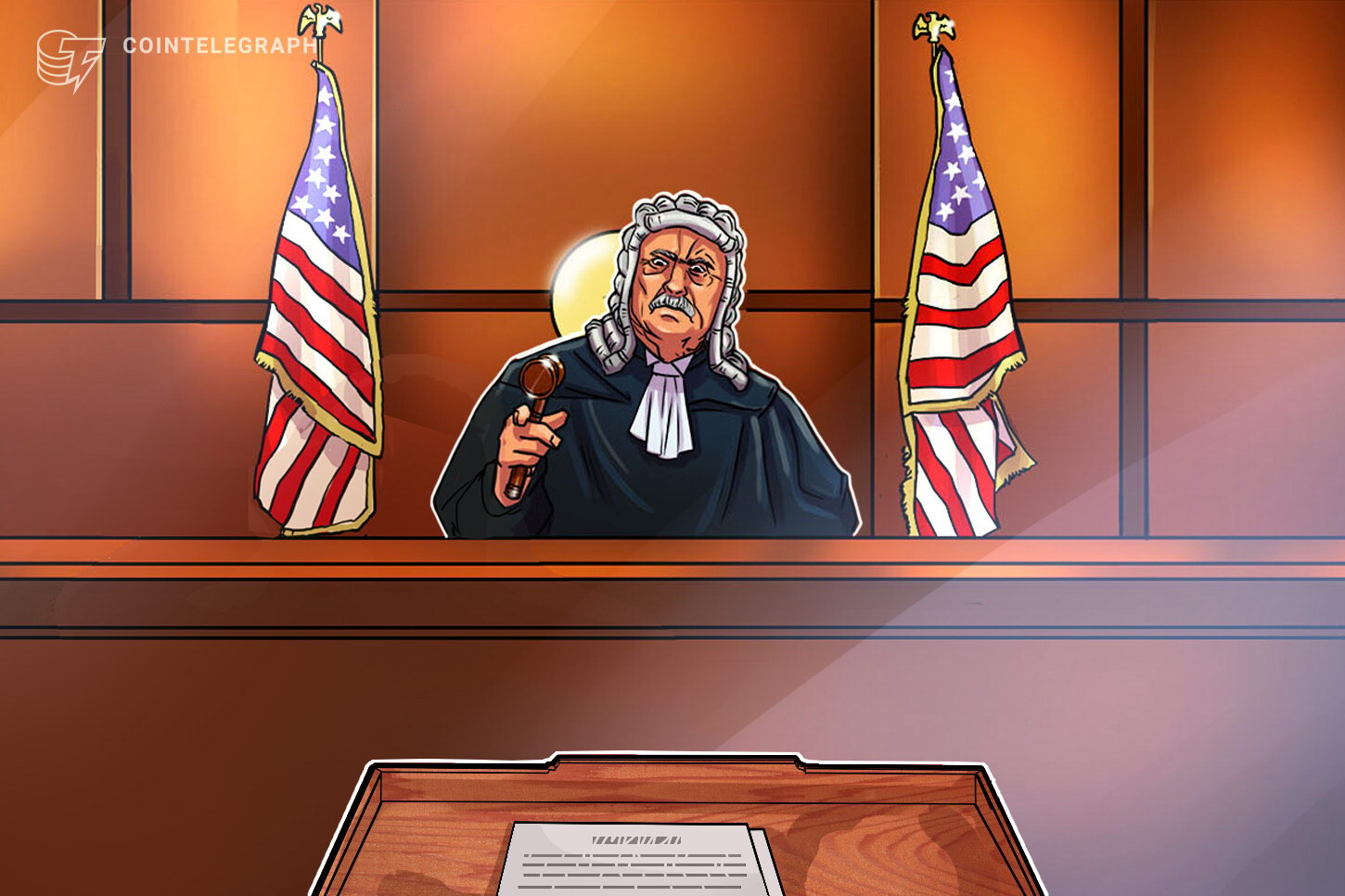Update (July 25, 5:45 am UTC): This article has been updated to add a response from Yuga Labs.
A US appeals court has overturned a $9 million judgment given to non-fungible token conglomerate Yuga Labs in its long-running lawsuit against artist Ryder Ripps and business partner Jeremy Cahen.
The Ninth Circuit Court of Appeals said on Wednesday that Yuga Labs had yet to prove its allegation that Ripps and Cahen’s NFT collection — which it claimed is a direct ripoff of its flagship Bored Ape Yacht Club (BAYC) collection — was “likely to cause consumer confusion.”
The three-judge panel sent the lawsuit back to a California federal court for a trial on Yuga Labs’ claims of trademark infringement and cybersquatting.
Yuga sued Ripps and Cahen in 2022, alleging their NFT collection called “Ryder Ripps Bored Ape Yacht Club” was a direct copy of Yuga’s similarly-named collection. Ripps claimed his collection is a satire of racist imagery that Yuga supposedly used in its collection.
Ripps, in a statement via an email associated with him, told Cointelegraph that the ruling was a “huge victory for artists who seek to make expressive meaningful work.”
A Yuga Labs spokesperson told Cointelegraph that the ruling was “a win for the industry” and “validates the fight we took on and confirms that BAYC is a strong and recognizable brand.”
Yuga co-founder Greg Solano posted on X on Wednesday that “we’ll now finish the fight in the district court.”
Ruling sets legal precedent
In a win for Yuga, the three-judge panel also ruled that Yuga’s NFTs are “goods” under US trademark law, setting a legal precedent that could allow, for example, NFT collections to sue other similar collections.
The judges concluded Yuga “had trademark priority because it was the first to use the Bored Ape Yacht Club marks in commerce.”
Solano lauded the win on X, saying Bored Ape NFTs are “protectable trademarks, which is an important win for every NFT holder.”
Case sent back for trial
A federal court had ruled in favor of Yuga in 2023, finding that Ripps and Cahen’s NFTs were likely to create market confusion and initially awarded Yuga $1.6 million in damages, which later grew to $9 million after Ripps and Cahen lost a counterclaim.
Related: Ethereum NFTs dominate 7-day sales rankings as ETH nears $4K
The Ninth Circuit reversed the $9 million reward, finding Yuga’s trademark infringement and cybersquatting claims “did not prove as a matter of law that defendants’ actions were likely to cause consumer confusion.”
The three-judge panel said a federal court trial was needed to determine whether the Ripps NFTs infringed on Yuga’s trademark.
However, the judges agreed with the federal court that Ripps and Cahen’s “use of Yuga’s marks did not constitute nominative fair use and was not ‘expressive work’ protected by the First Amendment.”
NFT Creator: Jack Butcher’s no fan of NFT royalties: ‘You’re getting paid on churn’


